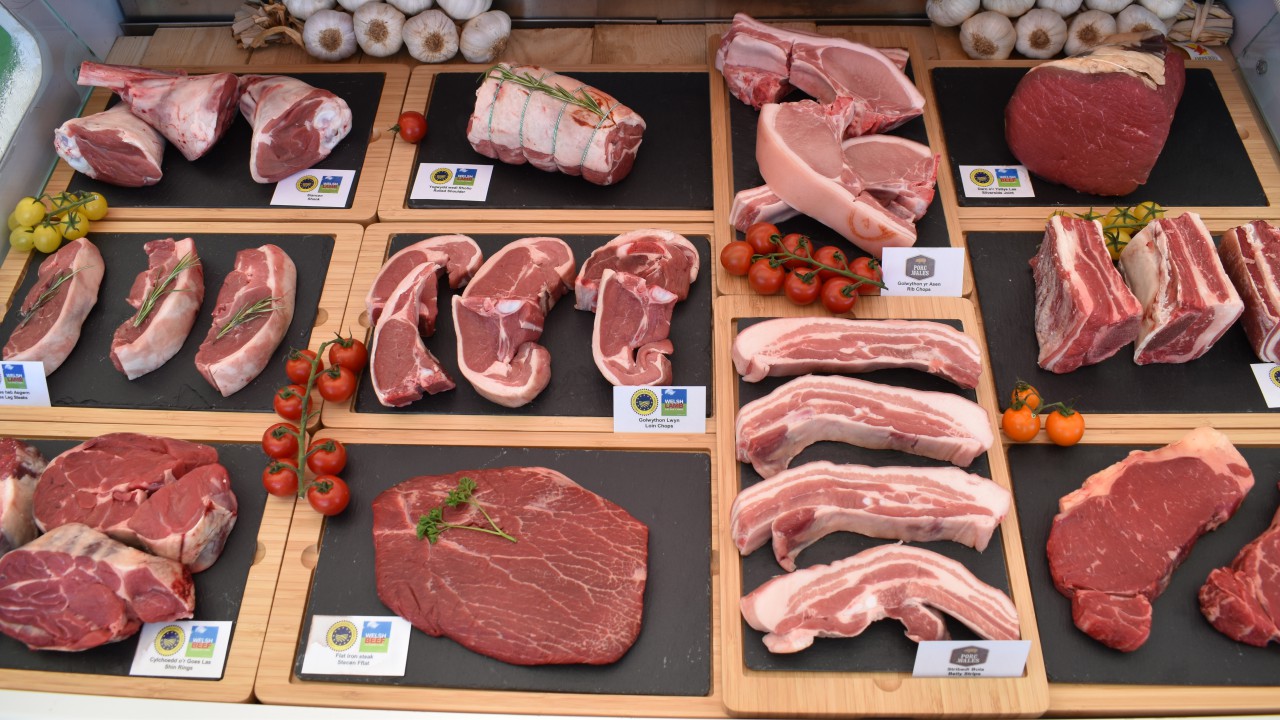An independent consumer survey commissioned by the Aberdeen Angus Cattle Society has found that out of 2,174 participants, 1,378 agreed that the origin of the meat they purchased was paramount to how they felt.
40% stated that buying British was the most important factor they considered when purchasing red meat.
The name Aberdeen Angus has long been associated with a mark of premium quality produce, but until now, this fact hasn’t been substantiated by the general public.
The Aberdeen Angus Cattle Society asked consumers to ‘chew the cud’ over their best beef choices, with the world’s most well-known breed coming in on top.
“We commissioned the independent national survey to understand consumer eating habits and the Aberdeen Angus ‘brand’ position in the British customer mindset,” says Barrie Turner, CEO of the Aberdeen Angus Cattle Society.
It comes at a time of global unease, with consumer habits more focused than ever before, especially when it comes to diet.
The results confirmed that those surveyed associated a mark of excellence to the native breed, with the word “quality” featuring among the most commonly associated words.
Furthermore, when looking for the perfect steak, 1,261 of those surveyed agreed that Aberdeen Angus meat has a better flavour in comparison to other beef on the market.
Price questions
The question of price was also raised, with over half of those surveyed agreeing it as an important factor when purchasing red meat.
However, due to its quality appearance and mark of native excellence, alongside its already significant reputation, the Aberdeen Angus breed continues to champion at the purchasing stage.
“In recent years, the majority of consumers have taken a keener interest in relation to what they are buying, where it is coming from, how far it has travelled and the welfare of the animal in question,” Barrie continued.
With an increase in consumer awareness of provenance, the importance of native origin of what’s on our plate and a food source’s carbon footprint has also seen an increase, with consumers shopping smarter and more local.
“It is evident, that during this period of global pandemic and lockdown, there has been a heightened thirst for knowledge about food, its carbon footprint and where it is coming from.
“Consumers care about the environment and their impact, which only goes to support and strengthen the argument to support Britain’s native breeds,” Barrie concluded.

